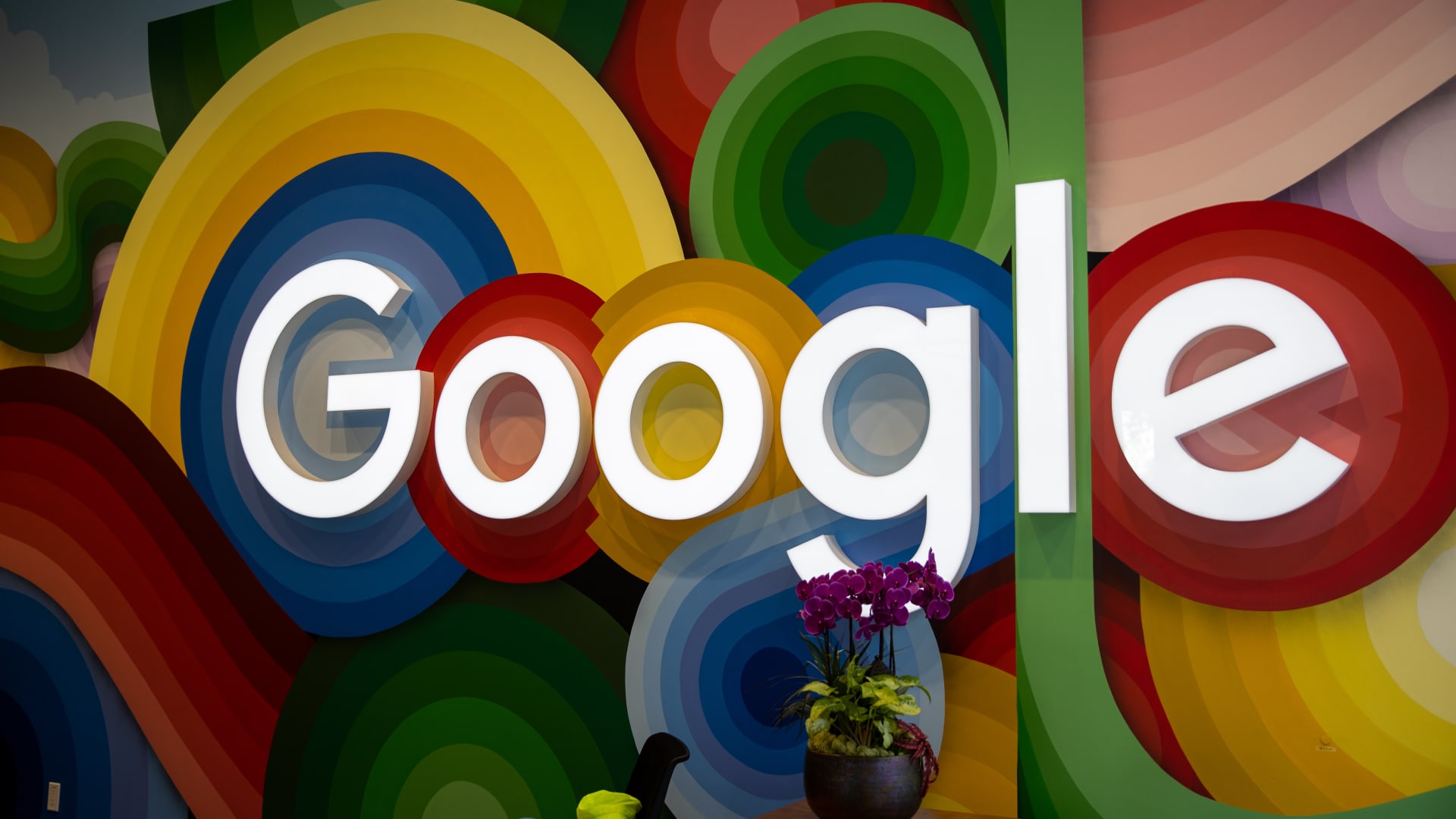
Google headquarters is seen in Mountain View, California, United States on September 26, 2022.
Tayfun Coskun | Anadolu Agency | Getty Images

Google headquarters is seen in Mountain View, California, United States on September 26, 2022.
Tayfun Coskun | Anadolu Agency | Getty Images
Google is a major AI pioneer, and its employees have developed some of the most important advancements in the field over the last decade. But some believe it has fallen behind in terms of commercializing its inventions, and internally, the company has been racing to release products and prove it hasn’t squandered its lead, a “code red” situation in the company, CNBC previously reported.
AI models and products like Google’s Bard or OpenAI’s ChatGPT — powered by Nvidia’s A100 chips —require a lot of computers and hundreds or thousands of chips to work together to train models, with the computers running around the clock for weeks or months.
On Tuesday, Google said that it had built a system with over 4,000 TPUs joined with custom components designed to run and train AI models. It’s been running since 2020, and was used to train Google’s PaLM model, which competes with OpenAI’s GPT model, over 50 days.
Google’s TPU-based supercomputer, called TPU v4, is “is 1.2x–1.7x faster and uses 1.3x–1.9x less power than the Nvidia A100,” the Google researchers wrote.
“The performance, scalability, and availability make TPU v4 supercomputers the workhorses of large language models,” the researchers continued.
However, Google’s TPU results were not compared to the latest Nvidia AI chip, the H100, because it is more recent and was made with more advanced manufacturing technology, the Google researchers said.
An Nvidia spokesperson declined to comment. Results and rankings from an industry-wide AI chip test called MLperf are expected to be released on Wednesday.
The substantial amount of computer power needed for AI is expensive, and many in the industry are focused on developing new chips, components like optical connections, or developing software techniques that reduce the amount of computer power needed.
The power requirements of AI are also a boon to cloud providers like Google, Microsoft, and Amazon, which can rent out computer processing by the hour and provide credits or computing time to startups to build relationships. (Google’s cloud also sells time on Nvidia chips.) For example, Google said that Midjourney, an AI image generator, was trained on its TPU chips.